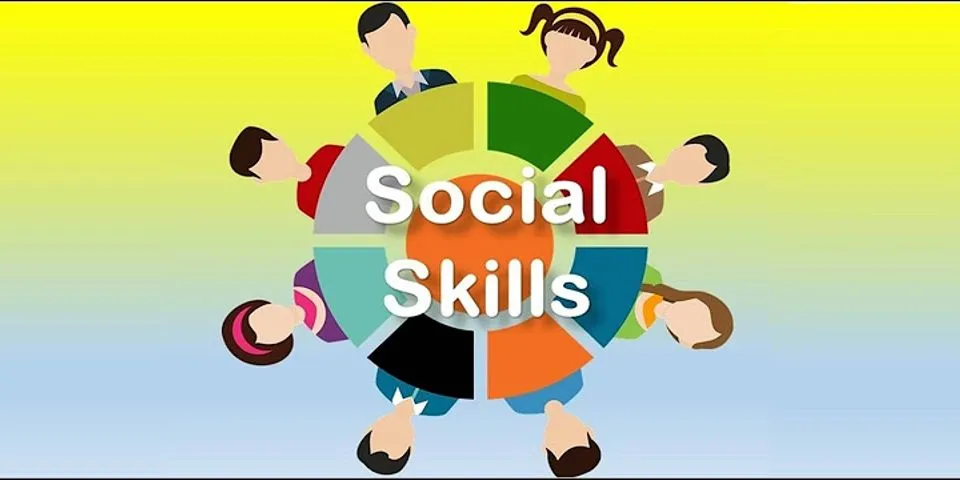Show
Recommended textbook solutions Myers' Psychology for AP2nd EditionDavid G Myers 900 solutions  Myers' Psychology for the AP Course3rd EditionC. Nathan DeWall, David G Myers 955 solutions  A Concise Introduction to Logic12th EditionPatrick J. Hurley 1,933 solutions  A Concise Introduction to Logic13th EditionLori Watson, Patrick J. Hurley 1,967 solutions Recommended textbook solutions
 A Concise Introduction to Logic13th EditionLori Watson, Patrick J. Hurley 1,967 solutions
 Myers' Psychology for the AP Course3rd EditionC. Nathan DeWall, David G Myers 955 solutions  Psychology: Principles in Practice1st EditionSpencer A. Rathus 1,024 solutions  Myers' Psychology for AP1st EditionDavid G Myers 313 solutions Attributions: people's explanation for why events or actions occur Situational attribution: explanations of people's behavior that refer to external events, such as the weather, luck, accidents, or other people's action. Personal attribution: explanations of people's behavior that refer to their internal characteristics, such as abilities, traits, moods, or efforts. Social loafing is a phenomenon in which people tend to expend less effort on collective tasks than they do when performing the same task alone. When it is difficult or impossible to assess each individual person's contribution to the collective effort, social loafing is prominent. Generally, the greater number of people involved in a collective project, the smaller each individual's contribution will be. However, social loafing is not inevitable in all group tasks. If we are in a group with people we know, we are in a valued group, or the task is meaningful or unique, social loafing is less likely to occur. Women are generally less likely to engage in social loafing than men. Social loafing often occurs because the group goal is spread across all members of the group, so a reduced effort by each individual occurs. Social loafing can also occur because people expect members of the group to slack off, so they match the level of effort they expect each group member to display. However, in collectivistic cultures, social loafing is generally reversed which is referred to as social striving. Social striving is a phenomenon in which individuals work harder in groups than when they are alone. Social loafing tens to be less pronounced in collectivistic cultures and social striving tends to be more pronounced because group success tends to be more valued than individual success in collectivistic cultures. Ex: In the US, people tend to slack off in group projects (social loafing). Instead of doing the research, the writing, and the presentation, people may decide to do half of the work in one area, such as doing half of the research, and then decide not to do anything else to contribute. In Israel, people tend to work harder in group projects (social striving). Instead of giving minimal effort, people may offer to do the work in multiple areas of the project, such as doing all of the research and doing some of the presentation. When people work in a group they often do not work as hard as when they work alone this is called?In social psychology, social loafing is the phenomenon of a person exerting less effort to achieve a goal when they work in a group than when working alone. It is seen as one of the main reasons groups are sometimes less productive than the combined performance of their members working as individuals.
Which of the following would be an example of social loafing Quizlet?Another student in the same class is working alone on the project and spend three hours per week on it. This is a classic example of social loafing: People don't work as hard when they're sharing the work with other people as when they are solely responsible for the work.
Do people tend to work harder on an easy task when they are working in a group compared to when they are working alone?The tendency to perform tasks better or faster in the presence of others is known as social facilitation. Although people sometimes perform better when they are in groups than they do alone, the situation is not that simple.
Which of the following is the tendency for people to put forth less effort when they pool their efforts toward a common goal than when they are individually responsible?The Ringelmann effect, or social loafing is a phenomenon which occurs in groups of people that limits the amount of effort that each group member exerts (thus reducing individual productivity).
|


















